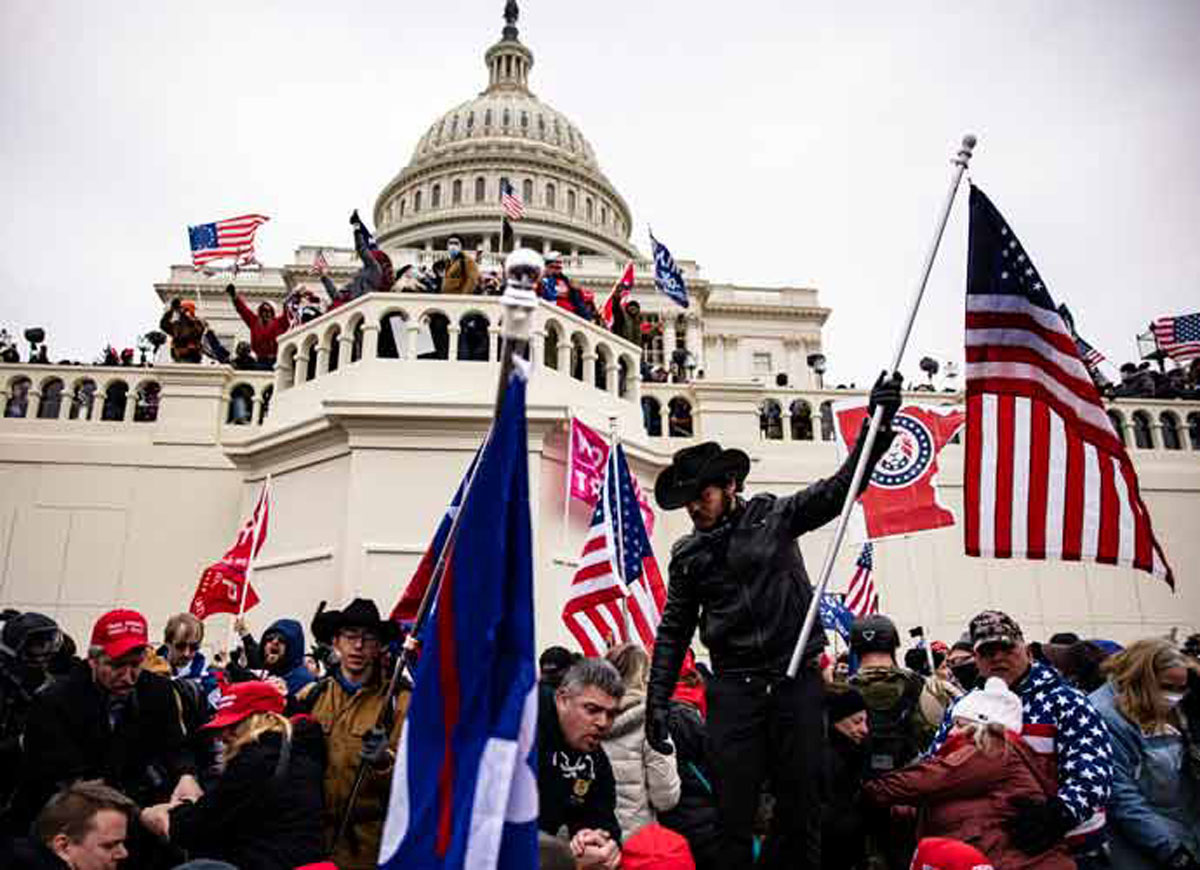Wong Kar-Wai Bio: In His Own Words – Video Exclusive, News, Photos
Wong Kar-Wei is a Hong Kong film maker. He is critically acclaimed for breaking the narrative structures of traditional Hong Kong Films and creating passion projects centered around characters and atmosphere. This Wong Kar-Wei bio will let the filmmaker tell his story in his own words.
Wong Kar-Wai Bio: Age, Early Life
Wong Kar-Wei was born on July 17, 1958 (Wong Ker-Wei Age: 59) in Shanghai. When he was five, the Cultural Revolution was beginning to reach its height in influence. Fearing what was to come, his parents him moved to Hong Kong, which at that time was still controlled by the British. His two older siblings were unable to cross the border before they closed and did not rejoin the family for another 10 years. Wong attended Hong Kong Polytechnic where he studied graphic design.
Wong Kar-Wai Bio: Career
Wong began his career with the TVB television network as part of the network’s training program in media production. He began screenwriting shortly after this and mostly wrote for soap operas and TV series before moving on to film scripts. Among these, he co-wrote the screenplay for Final Victory, which relieved a nomination for the 7th Hong Kong Film Awards.
Wong was able to make his directorial debut with the film As Tears Go By. At the time the film industry in Hong Kong was booming and there was a demand for new directors. He was asked to become a partner at the new production company In-Gear. Tears Go By shifted the audience’s expectation for crime films, by focusing on younger characters. It was popular nationally and was also screened as part of the Directors’ Fortnight of the 1989 Cannes Film Festival.
Wong Kar-Wai Bio: Chungking Express, Fallen Angels, In The Mood For Love
With his subsequent works, Wong focused less on creating mainstream films and more on cultivating his own style. Wong’s films are dominated by panning scenery and a focus on mood and atmosphere creation over plot. Most have themes that deal with the pursuit of love.
Wong’s second film was Days of Being Wild. It began his career-long partnership with Christopher Doyle as a cinematographer for his projects. It is now regarded as one of his best films but at the time did poorly at the box office. Despite this, it won five Hong Kong Film Awards and received more international attention than its first film.
The commercial disappointment, however, made it hard for Wong to find producers willing to bankroll his newer projects. his prompted him to create Jet Tone Films, with his friend Jeff Lau. He was offered a contract to adapt the novel The Legend of the Condor Heroes. Wong accepted the proposal and began work on Ashes of Time. Audiences were thrown off by the movie’s lack of narrative and the movie was a box-office failure. It did however do well commercially and, Christopher Doyle won Best Cinematography at the Venice Film Festival.
While filming Ashes of Time, Wong wrote and filmed Chungking Express in a two-month period. For it, Wong won the best picture award and the best director award from the Hong Kong Film Awards. It was distributed to American audiences, which greatly expanded the size of Wong’s international fan base The film chronicled two parallel love stories. Originally three, he made the third love story its own project which ended up as the film Fallen Angels. It was generally well received but critiqued for its similarity to Chungking Express.
His film Happy Together received even more international acclaim. It explored the life of a young homosexual couple and their relocation to Argentina. His decision to tackle an LGBTQ film was a response to the compromised safety of gay individuals after the British handover of Hong Kong to China. Wong won the Best Director Award from the Cannes Film Festival.
The Mood For Love was nominated for Best Foreign Film from the National Society of Film Critics and BAFTA, winning the first. Its sequel was 2026.
Wong’s first American-English short film was My Blueberry Nights for the anthology Eros. It was one of his few critical flops.
His latest movie was Grandmaster, which told the story of Ip Man, the man, who trained Bruce Lee. It received a Hong Kong, European, and American release, each edited differently. It was the first of his films to get an Academy Award nomination (cinematography and Production Design). It became one of Wong’s biggest critical and commercial successes.
When asked to describe his choice of action sequences in the film he told uInterview that “action scenes are almost like a love scene, without any motivation it becomes very boring so we need to have the motivation. It’s not only the physical intensity it’s also the emotional intensity.”
Wong Kar-Wai bio: Personal Life, Wife, Children
He is married to Esther Ker-Wai and has a son named Qing.
RELATED ARTICLES
Get the most-revealing celebrity conversations with the uInterview podcast!






Leave a comment